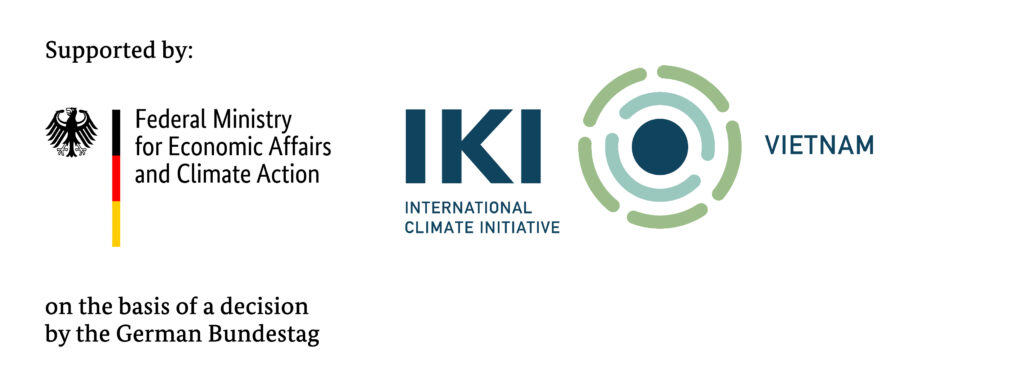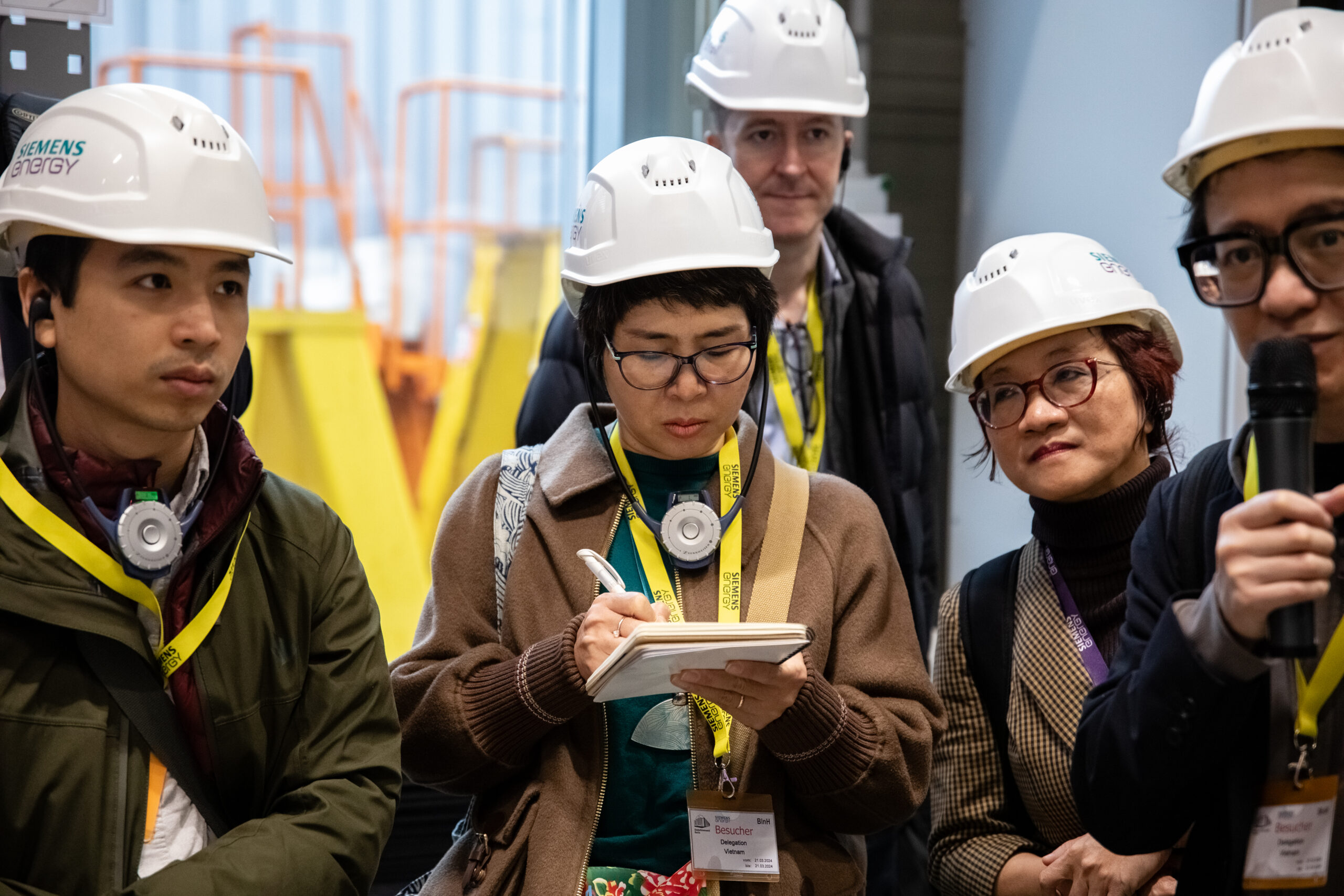In June, the National Assembly passed a decision on the revision of the Law on Environmental Protection (LEP) issued in 2014 to address aspects that do not meet the requirements of effective environmental protection of the current development situation such as environmental impact assessment, permits and compliance. The Vietnamese Ministry of the Environment (MONRE) has been assigned to be the leading agency in taking the responsibility for revising and assign the Vietnam Environment Administration (VEA) to coordinate amongst its departments. Seven topics are the focus of the revision:
- Environmental standards and regulations (e.g. ambient air quality, emission values, etc.)
- Environmental permits and licenses
- Economic instruments (environmental fees for emissions)
- Climate change (greenhouse gases)
- Criteria for the screening of investment projects
- Environmental Impact Assessments and responsibilities
- Responsibilities, approval and decentralization of management of environmental protection
Two IKI-funded GIZ projects “Integrated Air Quality Management and Climate Change Mitigation” and “Support to Viet Nam for the Implementation of the Paris Agreement (SIPA)” provide support to the revision process. The former works closely with the VEA and provides advise on recommendations for the Vietnamese context based on international experience. In addition to regulatory and economic instruments for the different sources of pollution, successful implementation practices are also taken into consideration.
The SIPA project supports the in-depth revision of Chapter 4 on climate change and provides technical input. The focus is on aligning content with the NDC and other relevant climate mitigation policies.
The LEP 2014 has proven too weak to effectively tackle air pollution. Monitoring data to further understand the problem as well as an integrated approach including all sources and measures is still missing. Besides, enforcement of existing obligations and technical standards remains weak – also due to limited capacities of the competent authorities.
In the forthcoming weeks, various consultations will be held with different stakeholders, which should summit into a draft bill by the end of the year. The revised LEP shall be submitted to the National Assembly for adoption by end of 2020.





